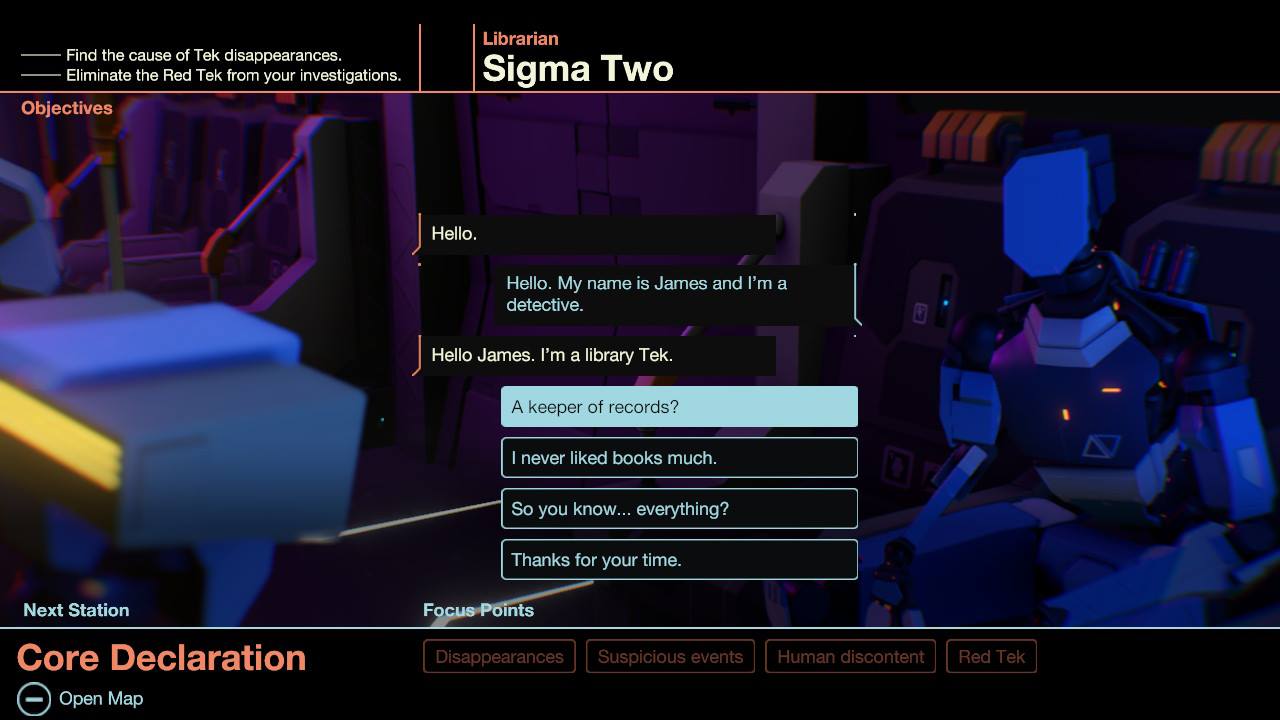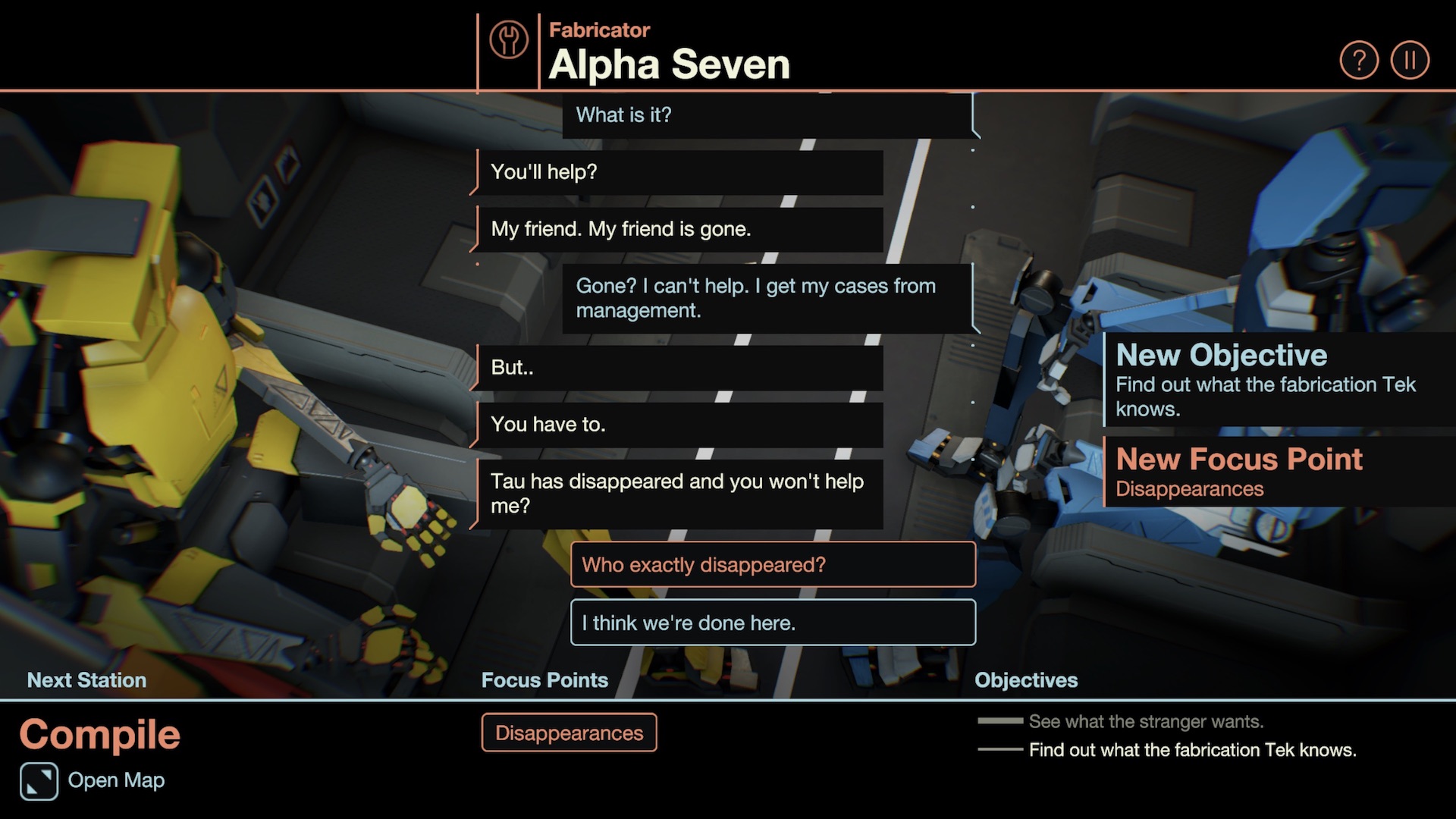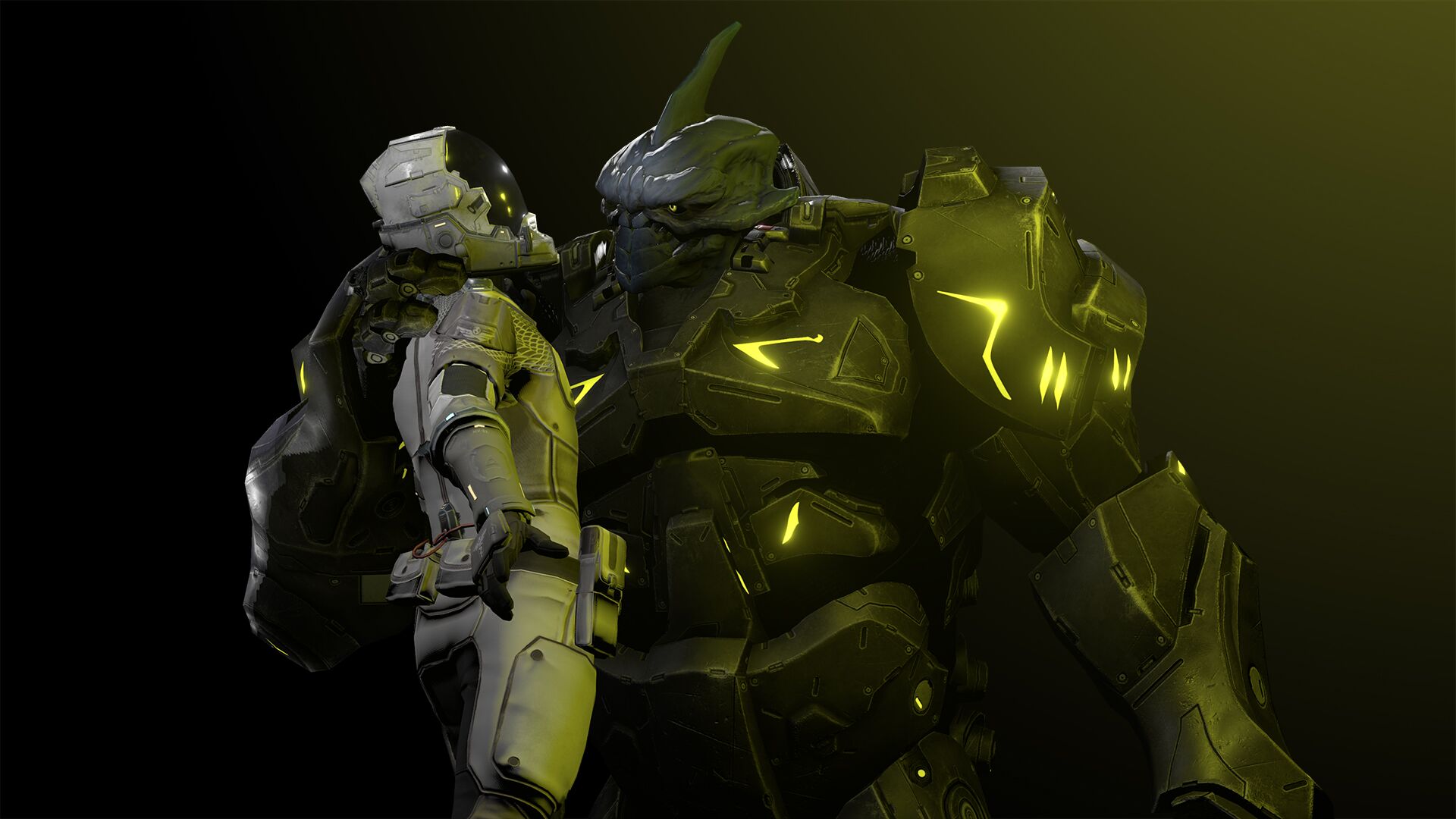Mike Bithell Discusses Bithell Shorts And The Future of Indie Development
The indie developer discusses his role and the future of gaming.

Mike Bithell is an indie game developer, creator of award-winning puzzle platformer Thomas Was Alone and MGS1-inspired Volume. Starting out as a designer at Blitz Games and later Bossa Studios, he now focuses on indie development through his own studio Mike Bithell Games. He’s also a notable voice in the games industry along with Rami Ismail of Vlambeer, with the two recently sharing a keynote at Develop Brighton. We caught up with Bithell back then to chat about his role as an indie developer, the freedoms and challenges that involves, and what the latest trends in technology can mean for the future of gaming.
Starting out as a game designer, you’ve had to essentially graft and learn the craft of the trade. What are your thoughts on the gatekeeping of the term ‘developer’ from certain parts of the games community/industry?
You’re a game developer if the result of your actions is a game. I mean, I think the cleaner is a game developer – ultimately, everyone’s contributing to that game. A coder is just one of the game developers.
It’s a peculiar time when certain people assume a developer has to be able to code. After all, Miyamoto wasn’t a programmer, he just had ideas and teams to help realise them.
He was also good at iteration and knowing whether something’s fun. I think that’s something designers have forgotten, making sure that the idea comes together. Being realistic with the resources available to you is also important. I’m a director now, but because I’ve done the jobs throughout the company, I generally know when something’s stupid.
What’s funny to me though, is that in the time since I’ve done those jobs, I have people who work for me who are smart enough to turn to me and say, “Mike, that’s not difficult anymore. Now we have this technology or this way of doing it,” and that blows my mind.
Literally, my first job in the industry was making navmeshes, which is like placing a 3D sheet over a level and telling the AI where they can or can’t go, and how hard it is to get to places. I used to take a morning to do that, and that’s now a button in Unity that takes 2.3 milliseconds. The industry has moved on, and therefore my assumptions about what is possible are now out of date. It’s always an exciting day when that happens. That also means more voices can join the conversation. More developers with more interesting worldviews, insights and ideas can come in because there are fewer barriers.
Going back to the games you made in a few months, you’re referring to your shorter narrative-focused games like Subsurface Circular and Quarantine Circular, which are types of games you haven’t done before. In that sense, were they like palette cleansers?
It was a weird situation we found ourselves in. We had a prototype that we pursued with one specific publisher, who unfortunately backed out. So we were stuck in a position where we had a team put together for that project and a few months before we could realistically pitch anything else.

So we just decided, let’s go and make a little game in this slot of time. And that’s what Subsurface Circular was – a team that had come together for a different project essentially deciding to take four months to make a game together. Then, hilariously, we ended up having a six-month gap, so we were like, “Well, it worked well last time – let’s make another little game to fill that space.” So that’s why those two games exist – to make sure the team kept busy during a tougher time.
Story is, of course, important in both Thomas Was Alone and Volume, but for Subsurface Circular and Quarantine Circular, was narrative always the focal point?
The main thing was working out what we could do in a short space of time. I take pride in the fact that people who work with me and for me don’t crunch – but I do. I’m willing to put myself through that, for silly reasons. I was able to write a big script in that time, and I didn’t need anyone’s help to do that. So it became, “let’s make a game that’s just about the story,” and that’s the focus.
I also wanted to experiment with non-linear storytelling, because the others were just you playing a game while someone tells you a story while you do so. So the idea of making this branching dialogue tree game formed around that, and we were able to make it quite quickly.

Once we saw the audience responding well to that – Subsurface Circular is our highest rated game on Steam, it’s sold well, and it’s doing nicely on Switch – it kind of made sense to use this structure to tell a different story. That’s where Quarantine Circular came from, experimenting further with that.
Is there more freedom in experimenting like this because a smaller budget doesn’t require the same kind of pressure to sell lots?
At the time, I turned to my business partner Alexander and said, “Hey, I got this idea that’s weird, I’m not sure there’s a massive audience for it, but a little story game we could do – so what’s the biggest amount of money I can spend on a game that, if it completely bombs, you’d be happy to lose?” That number was the budget for the game in the end, so it was very low-risk for us.
What happens when you’re not putting a massive financial risk in something is you can take a massive creative risk. The only limit here is how brave I want to be with my idea. And Subsurface was brave in terms of not doing a linear narrative, but then what’s really cool with Quarantine was we were able to go even more non-linear. We already had the tools we needed, so it was just a further exploration and a fun way of expanding that idea.
Right now, you’re earning revenue from every game sold. But with streaming, a big publisher or platform holder can control their own infrastructure and library. What happens to indie developers who don’t have a streaming platform?
The two models that exist right now are the Netflix model where they just pay a company a lump sum to get their movie on their service for x amount of time; then there’s also the approach which I’ve seen some companies playing with where we give you an amount of money based on how many hours a game’s played or how many players there are, and that’s interesting because that could incentivise different kinds of games.
If you imagine a future where game devs are essentially paid per hour their games are played, that massively incentivises game designers to make games that are time sinks. That every game goes in that direction, to me, is an interesting prospect because we’ll definitely get paid. Games have to be made, and game devs have to be paid in order to make them, so I’m confident that either the services will fail or we’ll exist in that system.

It’d be an interesting challenge to work out how to make a good, satisfying game that’d make financial sense on a subscription service.
What about developers who just want to make short, narrative games – would they survive under a model with this kind of metric? When you consider music streaming and how Spotify is notorious with how they pay royalties, how much worse would that be for the game industry?
But the models can then shift. I’ve got a couple of musician friends and I came to the conversation the same as you. “So I hear Spotify is terrible for the artist,” and what they said to me was, “Well actually Mike, if you’re independent, it’s actually alright because you make all of the money.”
All of the money you make from Spotify goes to you. The reason it’s terrible for a more established music act is it’s money being shared between all the different people involved in professional music production – the company who owns the music, all the artists. If you’re a dude with a guitar recording yourself playing music, and you put that on Spotify, you can exist within a niche that’s actually financially sustainable.
For me that’s an example of a business model in transition – you used to need record companies to make records. If we live in a world where that’s not the case anymore, does that shift there? The same could be true of games – this could upend the model, but I think it’s a long way away.
Mike Bithell has risen to critical acclaim since releasing his first independent title, Thomas Was Alone, in 2012. He is also a leading contributing voice in the independent gaming landscape, and can be found at @mikeBithell.

